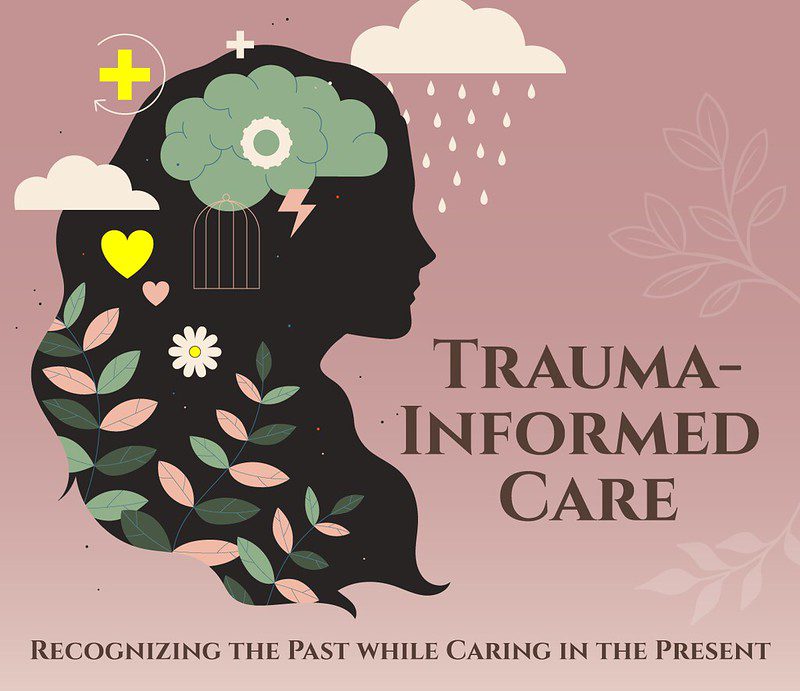Jade Morrison

(Roots Adolescent, 2024)
Restrictive measures leave children feeling very traumatized and make them feel as if they have to close themselves off. It’s only right that support workers are taught how to deal with children and their needs, especially when they’ve already been in many homes or already feel unsafe wherever they go. This study contributes to this issue by allowing the support workers learn how to be vulnerable with the children in residential homes. Children can be taught to trust easier when they’re in environment where they feel safe.
The problem
Many children and young people in residential care have experienced trauma in the past, which can result in problematic behaviours like violence and self-harm. Staff members occasionally use time-outs, isolation and physical restraint as restrictive means to control those behaviours. Even while these treatments might be meant to be harmless, studies have shown that they can be harmful, increasing trauma, anxiety, and discomfort. When support workers lack the teachings and knowledge that is needed to help people, especially children feel safe, then it’s rare that children feel safe within their homes considering the fact that that’s where they reside each day.
The Solution
The potential of trauma-informed staff training (TIC) to lower the use of restrictive measures was investigated in a study by Matte-Landry and Collin-Vézina (2024). Youth were categorized into three groups; low, moderate, and high. According to their history of restrictive measures in this study, which was carried out in 44 residential care units in Quebec, Canada. The goal of TIC training was to help staff in comprehending trauma, identifying how it affects youth behaviour, and responding with non-restrictive methods. Over the course of several months, the training included workshops, coaching, and monitoring. Through these methods, staff could not only learn but also apply it to their own lives and how they should go about things as society evolves.
Why It Matters
According to the study, trauma-informed training significantly reduced the use of restrictive measures, especially among young people who had received a lot of treatments at first. Since the most vulnerable people were often the ones exposed to the most restrictive policies, this is an important conclusion. Residential care institutions improved teenage well-being and created a safer and more encouraging environment for residents and staff by applying TIC. These results indicate that when staff members have the necessary knowledge and abilities, restricting measures are frequently avoidable. Children need to grow up knowing that they have value and their trauma does not define them. They need to grow up knowing that they can defeat the trauma and become the best version of themselves through that trauma.
So what
This study emphasizes how critical it is to abandon harsh punishments in residential care. These findings can be used by policymakers, social workers, and caregivers to advocate for the system-wide use of trauma-informed approaches. Reducing restrictive measures involves providing young people treatment that respects their experience, encourages healing, and establishes trust. Instead of repeating prior trauma, we may create healing environments by moving away from control-based therapies and toward trauma-informed approaches. Residential care needs to be a place of safety instead of anxiety. We can guarantee that vulnerable kids receive the attention and consideration they deserve through consistent advocating and training. The results of this research give strong proof for continuous support for trauma-informed care, making sure that kids and young people get the encouraging treatments they need to flourish. As long as we’re open minded about creating a positive environment for children to grow, then we can help them survive through any trauma.

